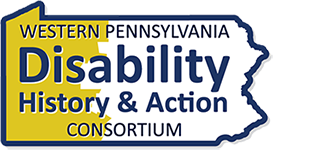The vote on the Senate healthcare bill (Better Care Reconciliation Act, or BRCA) has been delayed until after the 4th of July recess, but it is not canceled, and the time to act is now.
- The report from the nonpartisan Congressional Budget Office (CBO) says 22 million could lose coverage by 2026.
- The bill drastically cuts Medicaid spending. This threatens those covered by Medicaid, obviously, but also long-term community-based care for the disabled, and some special education services.
- States would be allowed to waive protections for preexisting conditions, the requirement that “Essential Benefits” be covered by all insurance plans, and the ban on lifetime spending limits.
The Consumer Health Coalition summarizes the bill’s effects and outlines how to speak out.
“Call Senator Toomey at one or more of his offices. Be polite, but persistent. Share your healthcare story, and explain how this health care bill will impact your friends and neighbors.”
The New York Times describes the historical context of community-based services and how the bill threatens them.
“For decades, the only type of long-term care that disabled Medicaid beneficiaries could receive was in nursing homes. But starting in the early 1980s, Medicaid began providing the option of “home and community-based services,” allowing people with disabilities to stay in their homes with paid help. … Nationally, almost three million people received Medicaid long-term care services at home or in their community in 2013, according to the Kaiser Family Foundation.
“[This type of care] is an optional benefit under federal Medicaid law, which means each state can decide whether to offer it and how much to spend.”
Slate’s extensive article explains how this bill hits those with disabilities particularly hard.
“As BCRA’s key provisions were released, wheelchair-bound ADAPT disability activists made the front pages by getting themselves arrested outside Senate Majority Leader Mitch McConnell’s office protesting BCRA. And good for them. BCRA would be the most harmful step backward in decades—maybe ever—for the disability community.”
Contact your senators and tell them what you think.


